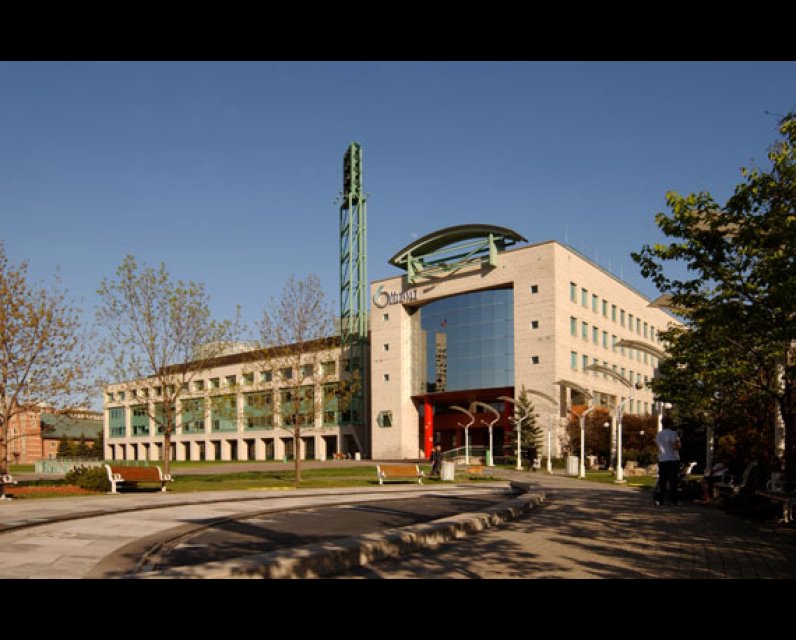Warning message
- Last import of users from Drupal Production environment ran more than 7 days ago. Import users by accessing /admin/config/live-importer/drupal-run
- Last import of nodes from Drupal Production environment ran more than 7 days ago. Import nodes by accessing /admin/config/live-importer/drupal-run
Unpublished Opinions
Retired economist (Ph.D., Berkeley, 1972) Co-founder (1997) and former chair of the Greenspace Alliance of Canada's Capital. Wrote an annotated bibliography on what sustainability means for businesses (2009) -- http://web.ncf.ca/ct976/.
Land Use Planning Reform: Is Ottawa Ready?

The Citizen may publish a shorter version of this op-ed. I'm happy to share the complete version with Unpublished Ottawa.
I note that Ontario's land use planning reforms aim to make local decisions stick, rather than being resolved by a tribunal of unelected officials. That assumes a decision process that is open, inclusive and consensus-building.
That is not what we have in Ottawa. I point out opportunities for the City to do better.
Land Use Planning Reform: Is Ottawa Ready?
by Erwin Dreessen
The Province is heralding a new era in the way land use planning is to be done in Ontario. Bill 73 (Smart Growth for Our Communities) and Bill 139 (Building Better Communities and Conserving Watersheds) mean that land use planning decisions will be made at the municipal/regional level by locally elected officials. With what are hoped to be few exceptions, no longer will the Ontario Municipal Board, an unelected administrative tribunal, have the last word on what makes for "good planning." That is a welcome change, long demanded by many municipal leaders and communities.
Whether these reforms will truly make a difference will depend much on regulations that are still to come. But let's assume that these will enable the reforms to take effect. Are municipalities ready? More specifically, is Ottawa in a state where these land use decisions will be discussed in an open and inclusive manner, allowing an optimal consensus to emerge and negating the urge to appeal?
There is room for deep scepticism. Ever since 2008 City Hall has become increasingly opaque in its decision making and has closed itself off from meaningful input by citizens:
► Synopsis minutes of standing committees and council have been replaced by unsearchable audio and video recordings.
► Most citizen advisory committees were abolished in 2012.
► Bill 73 obliges the City to create a Planning Advisory Committee. In November 2016, a staff proposal was hastily withdrawn, having been met with sarcasm and severe criticism. An ad hoc group of very experienced community leaders drawn from the Federation of Citizens' Associations and the Greenspace Alliance submitted a counterproposal last February, expecting that a dialogue would ensue. Instead, the proposal has been met with silence. Now Council is said to be ready to accept a revised proposal; the public will not have an opportunity to have its say, even if only for five minutes at a Committee.
► The recent extraordinary 3-day meeting of Planning Committee to hear from 147 delegations on the Salvation Army proposal showed commendable flexibility in an emergency. But in fact it demonstrated that the consultation prior to the matter coming to Committee had been extremely inadequate. As Councillor Deans said during the Council discussion: "Why are we here? We shouldn't be here."
► During the last round of Official Plan review the City split its consultation effort between two panels, one for the "community" and another for the "development industry." The review process went off the rails in a major way: This coming January, a full four years after Council first approved the Comprehensive Official Plan Amendment, there will be a pre-hearing conference to deal with all the outstanding appeals. Balkanization of the consultations most certainly was a contributing factor to the debacle.
With its reforms the Province hopes that a consensus will be achieved at the local level, thus avoiding appeals. A culture shift at City Hall is necessary if we are to see this hope materialized here. The City has several opportunities to show it wants to do better:
► Bill 73 stipulates that municipalities must give public input to its planning decisions a high profile. The City was challenged at its first application of this requirement. It has now agreed to consult with the Greenspace Alliance and others on how to better implement the obligation. It must explain the effect that written and oral submissions have had on a Council decision. How will the City handle this consultation and come up with an acceptable practice?
► Even as the last exercise in Ottawa's Comprehensive Official Plan review is still hung up before the OMB, the first steps are being taken towards a next Official Plan, now expected to be due in 2022. What will the City do to avoid the fiascoes of the previous two rounds? Will it genuinely reach out to civil society, encourage a dialogue, listen to the public, avoid bias in online surveys and take the time to get it right?
► Perhaps above all, the City's planning function has to rediscover its primary mission, namely to work in the public interest. All too often the perception, and fact, is that the consultations aim to "sell" to the public what the planners behind closed doors have agreed to with the proponent. At the same time, proponents often complain that the process is cumbersome and staff is unnecessarily "difficult." A more open process, ensuring that all stakeholders are heard and common understanding is achieved, will help mitigate both problems.
Under Bill 139, if the tribunal finds that a Council decision does not conform to its own or provincial policies, a municipality is given a second chance to achieve a consensus. It is in everybody's interest to get it right the first time.
Erwin Dreessen is a member of the Greenspace Alliance and a long-time community activist in Ottawa.



Comments
Be the first to comment